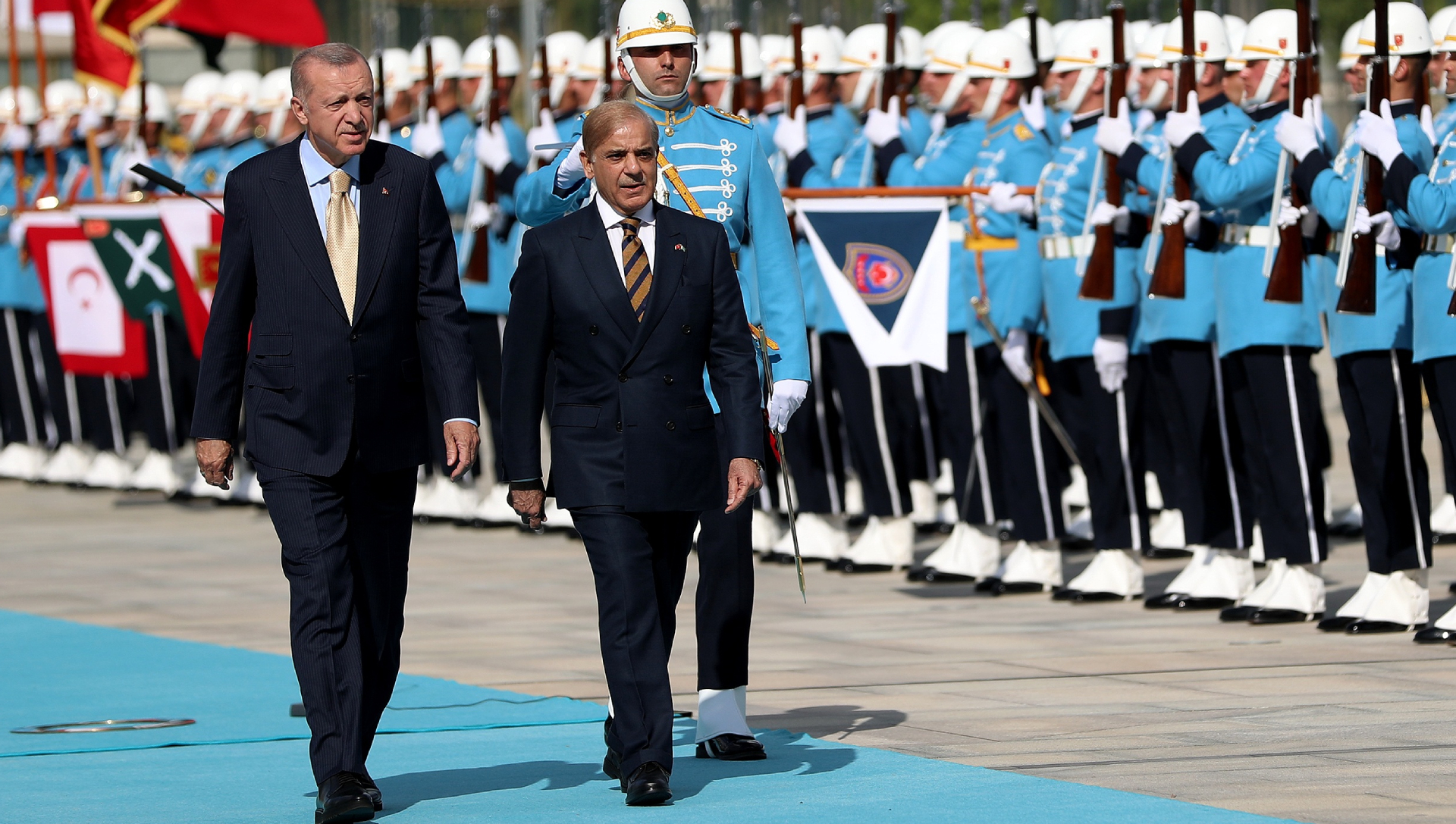Greek Defence Minister Nikos Panagiotopoulos revealed in February 2021 that Greece and Turkey had almost gone to war three times in the summer of 2020 due to the crisis with the Turkish Oruç Reis research vessel violating Greece’s territorial waters.
Turkey’s aggression was quiet in the summer of 2021 as the country was in the midst of dealing with a COVID-19 pandemic and the consequential economic fallout. However, with the pandemic overcome, Turkish President Recep Tayyip Erdoğan has come back unrelenting as ever with his aggression, with this summer expected to be a hot one in the relations between Athens and Ankara.
What is it that Erdoğan wants with Greece now and why should India take notice of this?
The territorial waters of Greece and Cyprus are rich in hydrocarbons, something that Turkey, as an energy starved country, is desperate to get its hands on. Turkey’s claims over Greek territorial waters are nothing new, but what makes this latest escalation all the more alarming is Erdoğan’s mythology that the Greek islands should be disarmed.
Erdoğan on June 9 told Greece to disarm its islands, warning: “I’m not kidding, I’m serious. This nation is determined, if they say something, they will follow it.”
As Greece has naval and aerial superiority, as well as having signed in September 2021 a mutual defence pact with France, it is unlikely that Turkey will storm a Greek island, in the same manner, it did with Cyprus in 1974. The intention of such an escalation though is to normalise the idea across Turkey that supposed Turkish islands are being occupied by Greece.
This has been seen across the media sphere, with mainstream and pro-government Turkish television channels hosting on a near-daily basis so-called experts to assert Ankara’s revisionism of international law and agreements. In this way, it is a near-daily basis occurrence that these so-called experts discuss why Greece’s sovereignty over the Aegean Islands is illegitimate as they also ponder tactics on how the Turkish military can overcome Greek defences.
The aim of the daily bombardments of misinformation and misinterpretations of international law is to raise generations of Turkish citizens with the idea that the territory of an irredentist “Greater Turkey” is “under occupation” and must one day be liberated. Such media bombardment is also seen in Turkish coverage of Jammu and Kashmir, and their unapologetic backing of Pakistan’s occupation.
Pakistani Prime Minister Shehbaz Sharif said during his June 1 visit to Ankara: “Pakistan and Turkey support each other in all matters of national interest, be it Jammu and Kashmir or Northern Cyprus. I would like to take this opportunity to thank Turkey, especially its leadership, for its principled support to the Jammu and Kashmir conflict.”
Sharif’s visit to Turkey was one of his first overseas trips made since he assumed office in mid-April after former Prime Minister Imran Khan was ousted in a soft coup. His visit almost appeared like a local ruler or minor king pledging his allegiance to a sultan, and in this way reconfirmed Pakistan’s strong support for Turkey’s occupation (in violation of several UN resolutions) of Northern Cyprus.
In return, Sharif can expect Turkey to not only continue its support for Pakistan’s occupation of Kashmir and its irredentist ambitions for the rest of the region but to embolden action to reach this goal. The Turkish president has not just been a loud mouth and has taken solid action to advance Ankara’s neo-Ottoman/pan-Turkic ambition.
Erdoğan supported Azerbaijan’s conquest of historically and demographically Armenian Nagorno-Karabakh with drones and special forces in 2020; occupied large areas of Northern Syria under the guise of fighting the Islamic State (that his son Bilal once engaged in oil trade) and the Kurdish People’s Protection Units (YPG); sent a jihadist proxy army, special forces and drones to defend the now-dissolved Muslim Brotherhood Government of National Accords in Libya; and, partially reopened (in violation of UN resolutions) the occupied Cypriot town of Varosha, amongst other things.
It is recalled that in January 2021, the foreign ministers of Azerbaijan, Turkey and Pakistan issued a joint declaration to support each country’s respective ambitions in Nagorno-Karabakh, Cyprus and the Eastern Mediterranean, and Jammu and Kashmir. Such ambitions will only escalate under Sharif as he has already sworn his allegiance to the wannabe sultan Erdoğan.
For this reason, India must not view Turkey’s current aggression against Greece in isolation, but within the scope of Erdoğan’s greater ambition, which is not only reduced to the territories of the former Ottoman Empire but extend into pan-Turkic ambitions. This includes Jammu and Kashmir as Pakistan’s identity crisis now descends from Arabism to Turkism.
(Paul Antonopoulos is Bureau Chief for Greek City Times in Athens)
(Disclaimer: Views expressed above are the author’s own)










